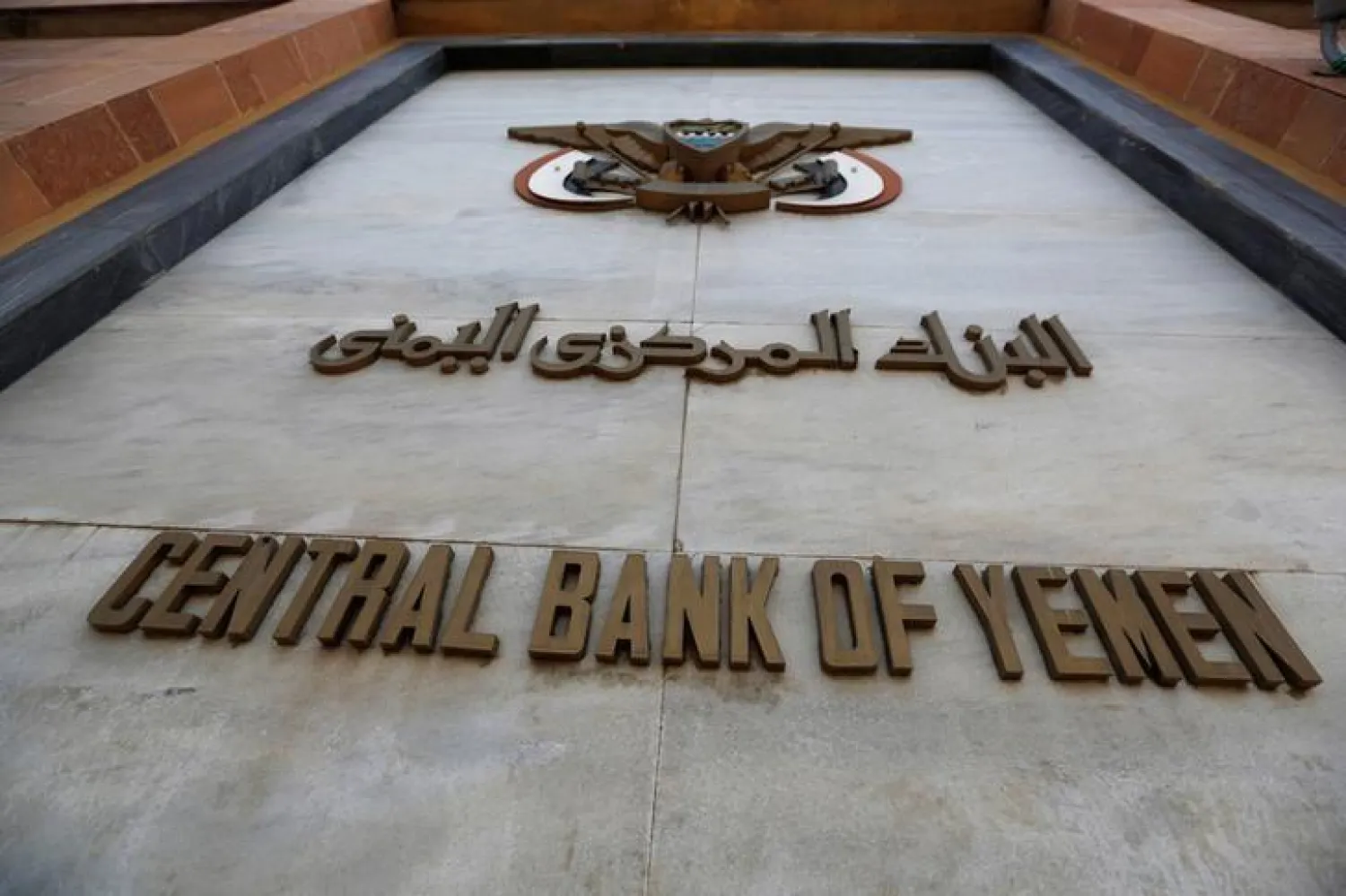The Yemeni riyal rates continued to plummet against foreign currencies, putting both the internationally recognized legitimate government and Houthi coup militias alike in the dilemma of seeking to salvage a far too damaged situation, Yemeni experts said.
Government spokesman Rajih Badi said that efforts are underway to contain currency rate deterioration, and renewed official statements accusing the Houthi militias of looting national cash reserves.
Badi pointed towards documented information on Iranian attempts to print counterfeit Yemeni currency to the coup’s benefit.
Badi had said earlier that “the presidency of the Republic, the Council of Ministers, Central Bank and the competent state organs, are making extraordinary efforts to develop effective solutions to stop the unacceptable exchange rates deterioration”.
More so, Badi was quoted as saying that authorities were "intensifying communication" with the Saudis, to "expedite the completion of Saudi depository procedures."
Yemeni President Abdrabbuh Mansour Hadi's government officially moved the central bank in 2016 from Sana’a to his base in Aden. A separate branch still operates in Sana’a under the Houthis.
The price of the Yemeni riyal continued to sink against the dollar exceeding the barrier of 500 riyals per dollar, signaling a complex humanitarian crisis in terms of rising commodity prices and the deterioration of the living standard of millions of Yemenis.
Leader of the Houthi so-called Supreme Political Council Saleh al-Samad held an emergency meeting with senior coup security, political and economic leaders in an effort to roll back on the "insane dredging" practiced by insurgents against the national economy since the coup.
Samad also held external parties responsible for the collapse of the Yemeni currency and asked the group's officials to work on finding solutions, pro-militia sources said.
Houthis’ news agency Saba said that Samad ordered forming a financial and monetary committee, and demanded reforming the mechanisms so that oil and gas revenues are allocated to the Central Bank.
He also called for implementing measures on curbing currency manipulation by local exchangers.
Last week, the Houthi militias resorted to ‘security’ solutions to stop the currency's slide, storming banks and exchange outlets and forcibly confiscating large sums of money.









